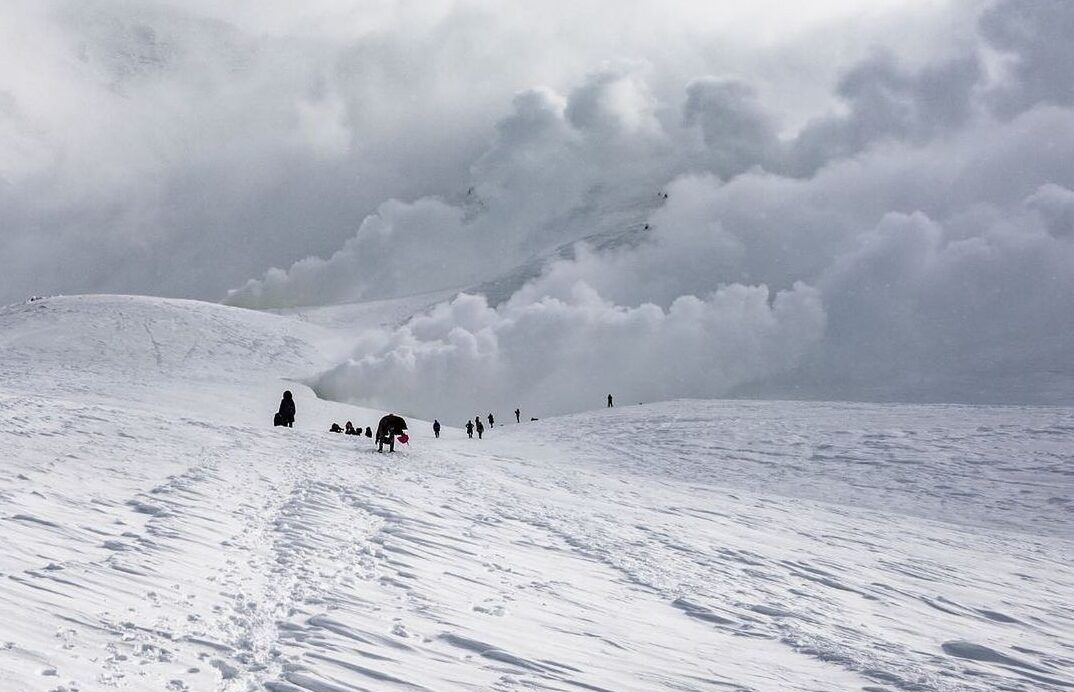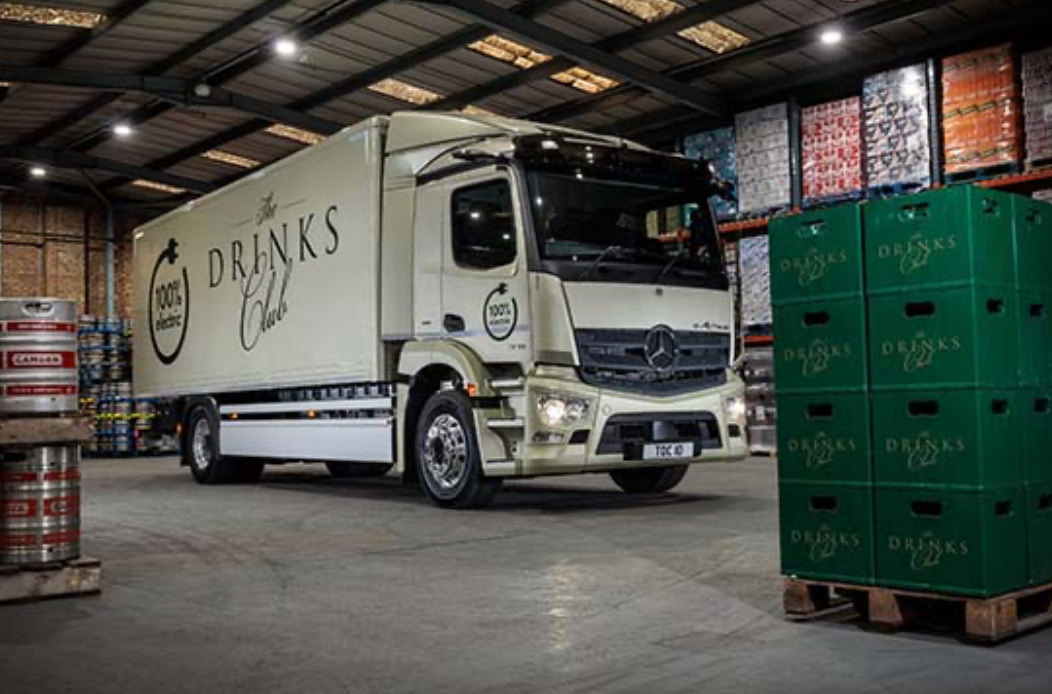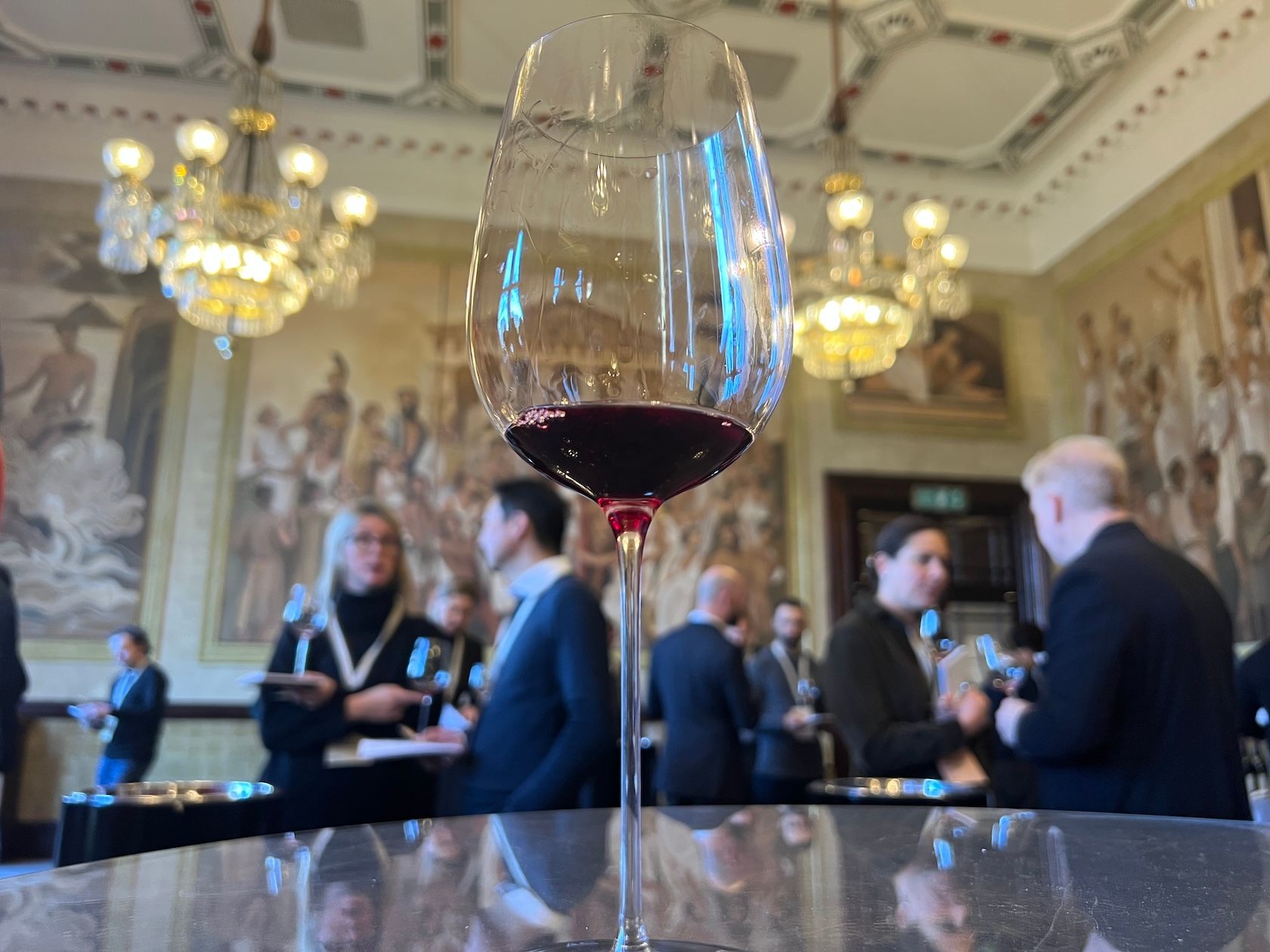“These sakes were just so different that he couldn’t understand why no one was talking about them,” says Toku Sake’s Hunt.

Massive education needs to be done: Toku Sake’s COO Grace Hunt
With its first bottle sold in the UK in January of this year, Toku Sake has been doing an admirable job of signing up prestige accounts with Frog by Adam Handling this week joining the likes of Roketsu, Trivet, Fat Duck and Beaverbrook among its partners. The Newt in Somerset and Surrey Hills Delicatessen have also started stocking Toku in the past few weeks.
This new sake seems to have all its ducks in a row – great product, good story, smart look and marketing, plus a genuine belief from the four people behind the brand that the timing is right for the UK to embrace premium sake – what has to date been a tricky sell outside its comfort zone of Asian on and off-trade.
“The biggest challenge is that there is a massive education process to be done,” both with the language barrier and understanding the product, says Toku’s newly-promoted COO Grace Hunt, who reveals that co-founder Anthony Newman – whose road to Damascus moment came on a skiing trip to Japan’s coldest prefecture in Hokkaido eight years ago – could not understand why fine sake was not ‘a thing’ in the West.
“These sakes were just so different that he couldn’t understand why no one was talking about them,” says Hunt.
The company’s main focus now is to “break down the barriers” with the type of customer who has started in fine wine and has the potential to become a sake geek. A similar process that two former chef de caves of Grand Marque Champagnes have been attempting in the past decade – Richard Geoffroy ex-Dom Pérignon with his similarly-priced IWA, and Regis Camus’ HeavenSake, which now retails for £45, half of its launch price.
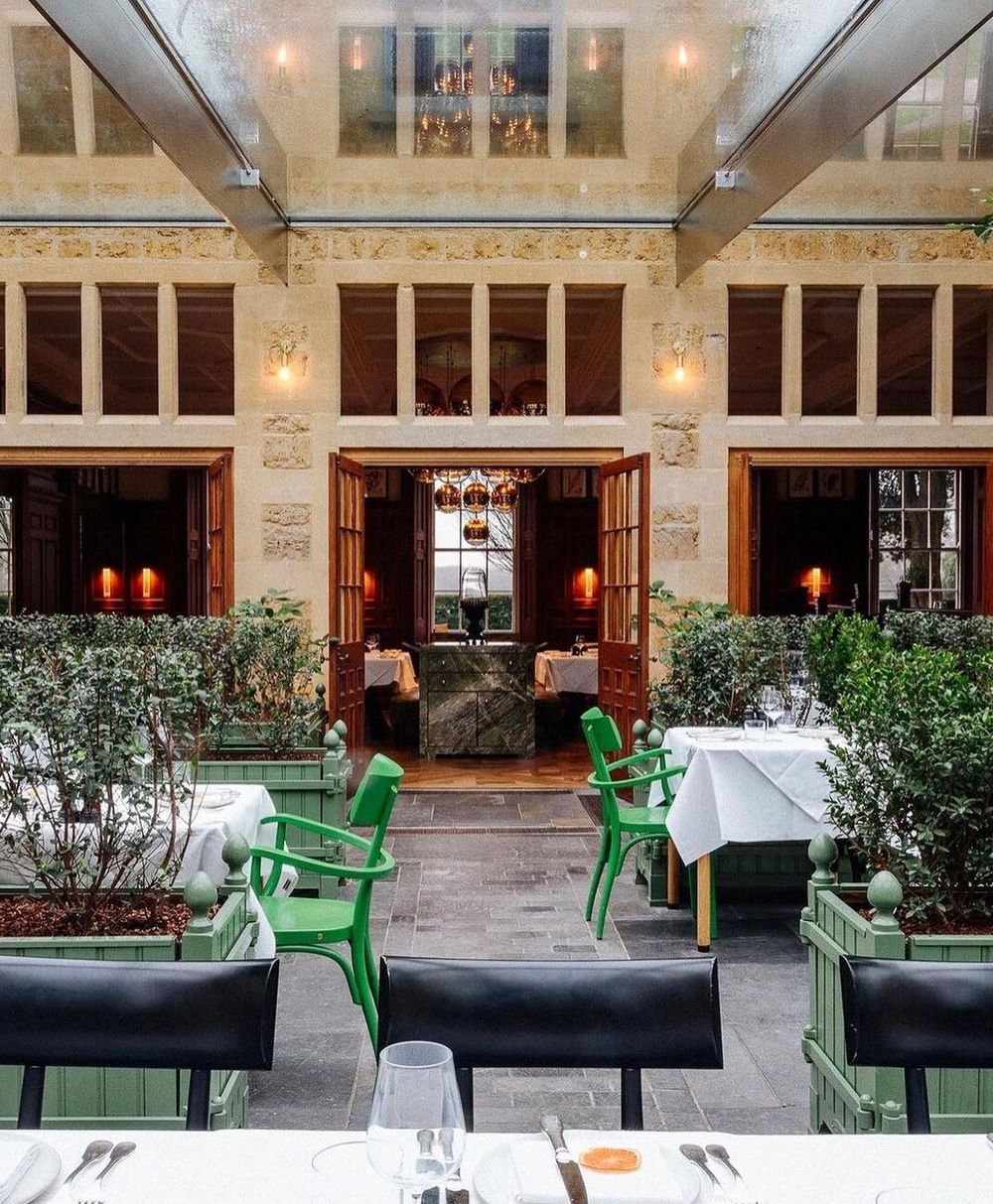
The Newt in Somerset is one of three marquee signings in the past month
Part of Toku’s soft launch process was to gather 15 sommeliers together from premium on-trade for two workshops, professionals who fully understand the selling points of all liquids, and use their insight on the product and the packaging. Also, no doubt, getting them on-board with Toku with future sales in mind.
Some of those conducting a blind tasting and seeing packaging mock-ups were Winnie Toh from The Aubrey, Annabel’s Daniele Palomba, Peninsula’s Felix Law, Palomar’s Honey Spencer, Edition’s Giuseppe D’Aniello, Dinings SW3’s Jiachen Lu, Arts Club’s Andrew Rogerson, Core’s Anna Kiełsznia and Cong Cong Bo, owner of Amphora in Cambridge.
“The basic feedback was that they were blown away by the product but not the packaging,” Hunt says. “So we created two labels, one with a white side (ancient) which is more cold and confident, and a black side which is easier to understand.”
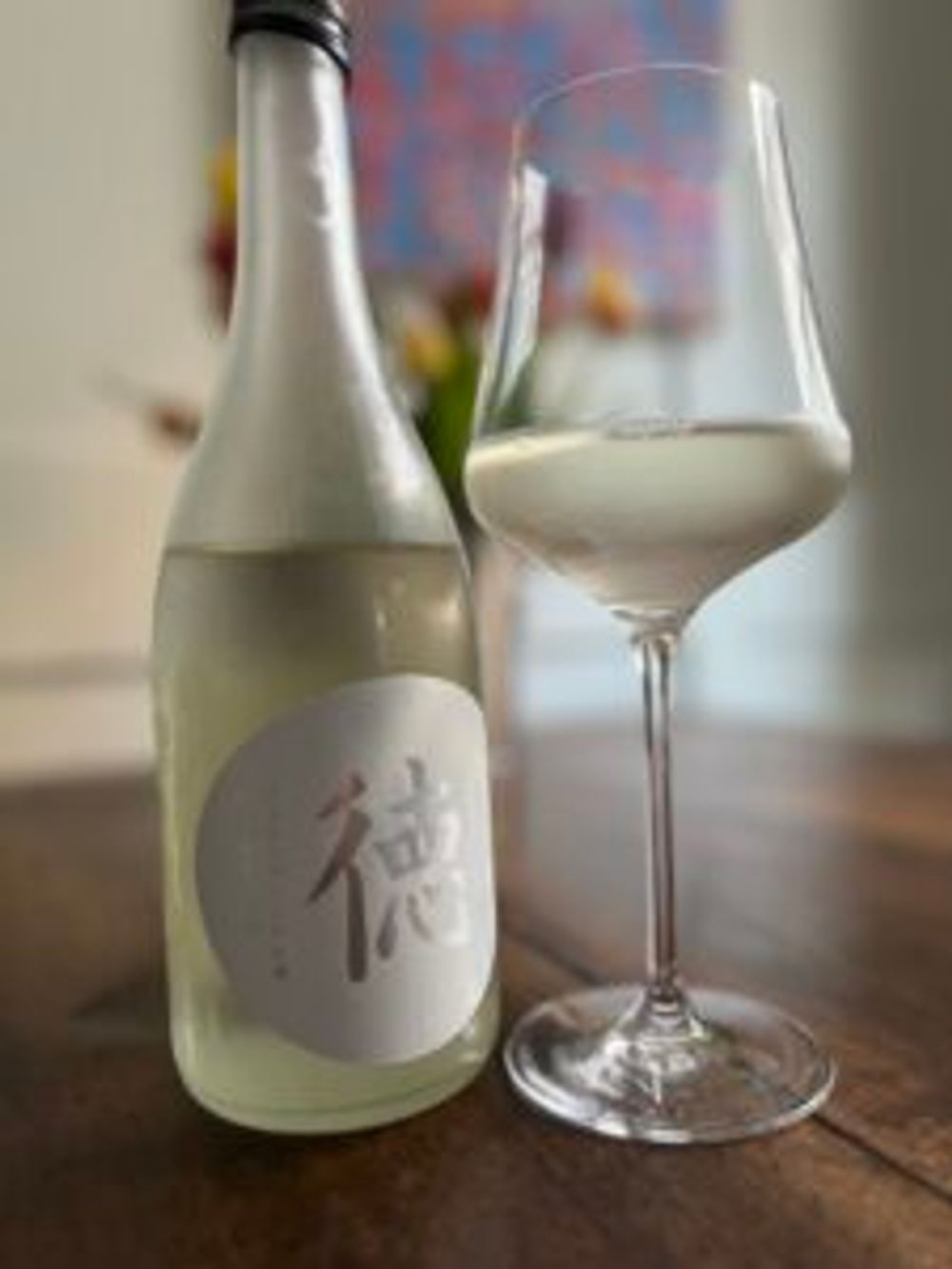
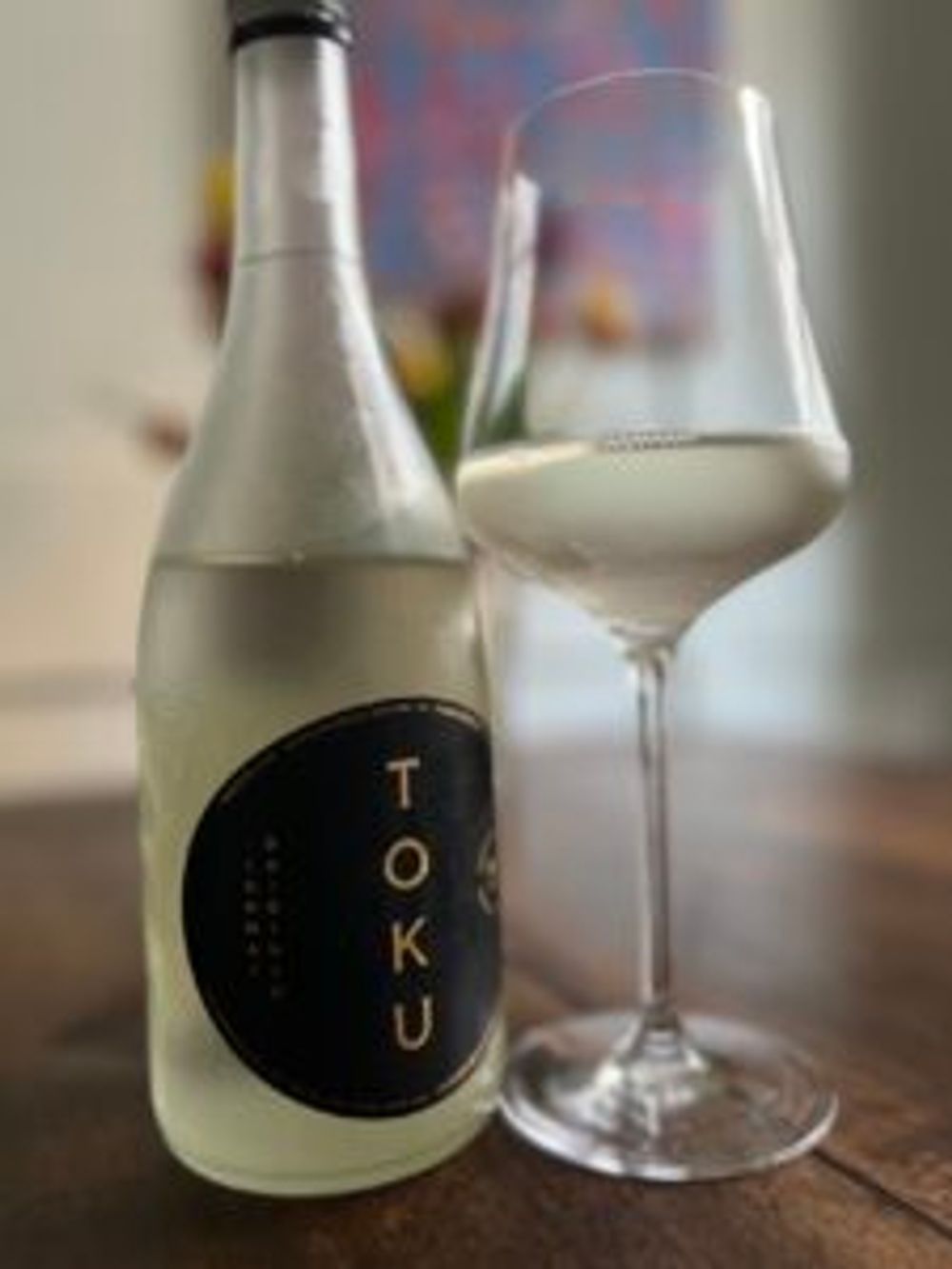
Interestingly, many of the prestige accounts that have partnered with Toku – The Newt in Somerset, Fat Duck (where it is served by the glass), Trivet, Frog and SOLA – are non-Japanese showing the product’s crossover potential. In SOLA, incidentally, it is the only sake featured on the list and the only non-US drink.
So, with just 1500 bottles to place, the company is being highly targeted, taking time to choose the right venues with appropriate clientele. “If you’re used to wine then fine sake can look a little punchy where it can be £500-900 a bottle on lists,” says Hunt.
The retail price for Toku is £155 for a 720cl bottle, and its USP is the freezing temperatures of Asahikawa, Japan’s coldest city where the sake is made, the water source, and sub-zero temperatures when the liquid is fermented and aged. Great store is made of the sub-zero transit temperatures and need to store it correctly on-site. One of the many reasons Toku is best served ice cold and never hot.
“There are three main grades of sake,” Hunt explains, “and some Junmais are delicious heated up, especially with some food like fried chicken, but with the Daiginjo grade the subtlety is lost with heat.”
So how was Toku tasting?
Toku or ‘Toku – Superior premium Junmai Daiginjo Sake of Hokkaido’ to give it its unexpurgated title – really does have a sublime purity, one that is immediately apparent as soon as it enters your mouth. The nose is subtle as you might expect with distant notes of dried white petals, honeydew melon, a suggestion of musk. In the mouth you get a sensation of fresh snowmelt (disarmingly light on its feet) with lychee, white peach, white melon, a hint of marzipan and that familiar undertow of pure sake spirit, which then flatlines on the palate and ‘finishes’ like an eternal piano note – the length is insane – with a ‘playful’ lift of fruitiness – white peach and lychee again.
Toku builds textually, subtly, starting off with a viscous, oiliness then seems to get fresher and lighter in the mouth, ending on a chalky note. It really goes on a journey. This is on a par with the premium sakes being made by ex-cellar masters of Grand Marque Champagne Houses and there is a Grand Cru quality about this no doubt. Not over-exaggerating to say this is probably the finest sake this reviewer has ever tasted.
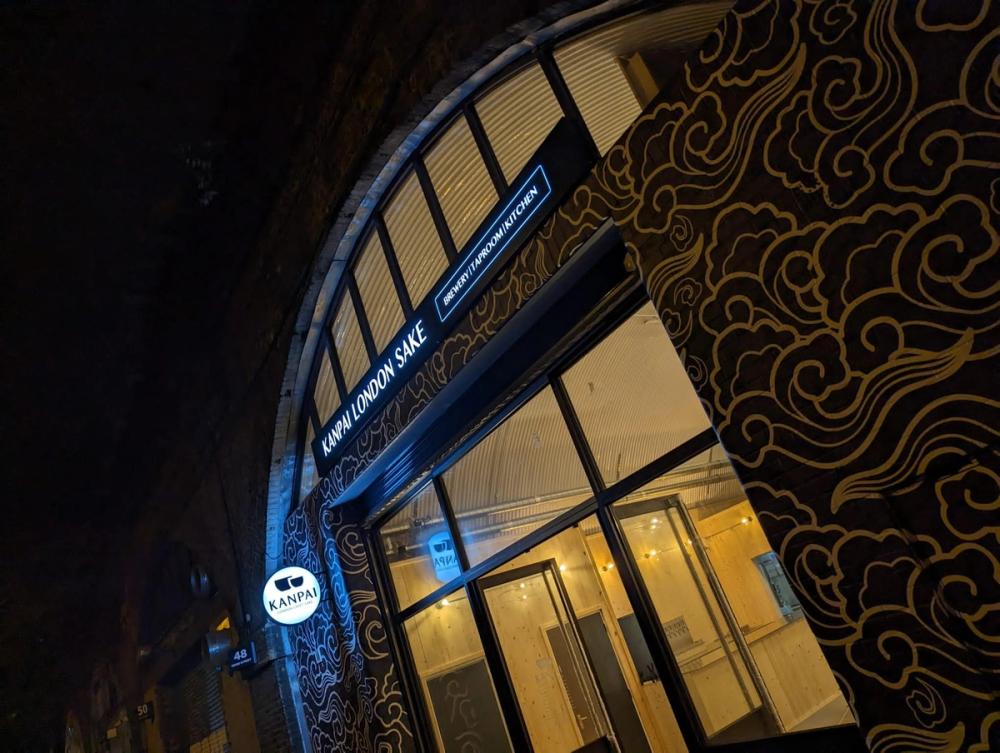
Kanpai, which launches on October 1, World Sake Day, is the UK’s first sake brewery. Although not associated with Toku, it is widely believed that it will give much needed exposure to the category as a whole in the UK.
